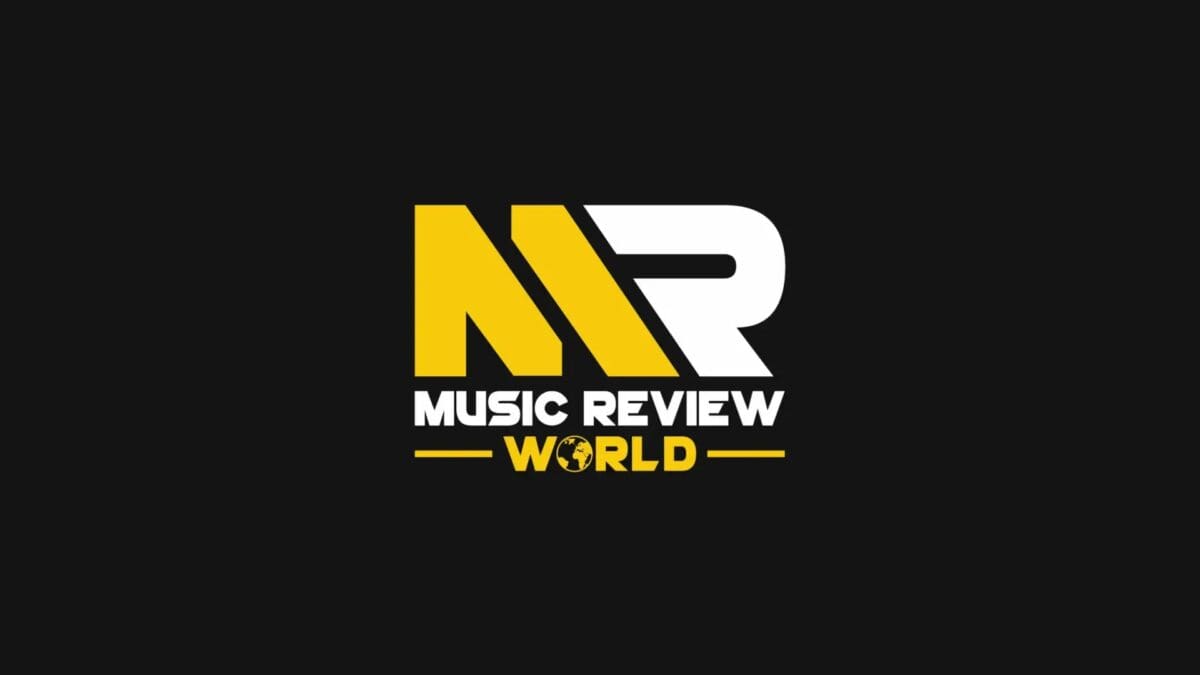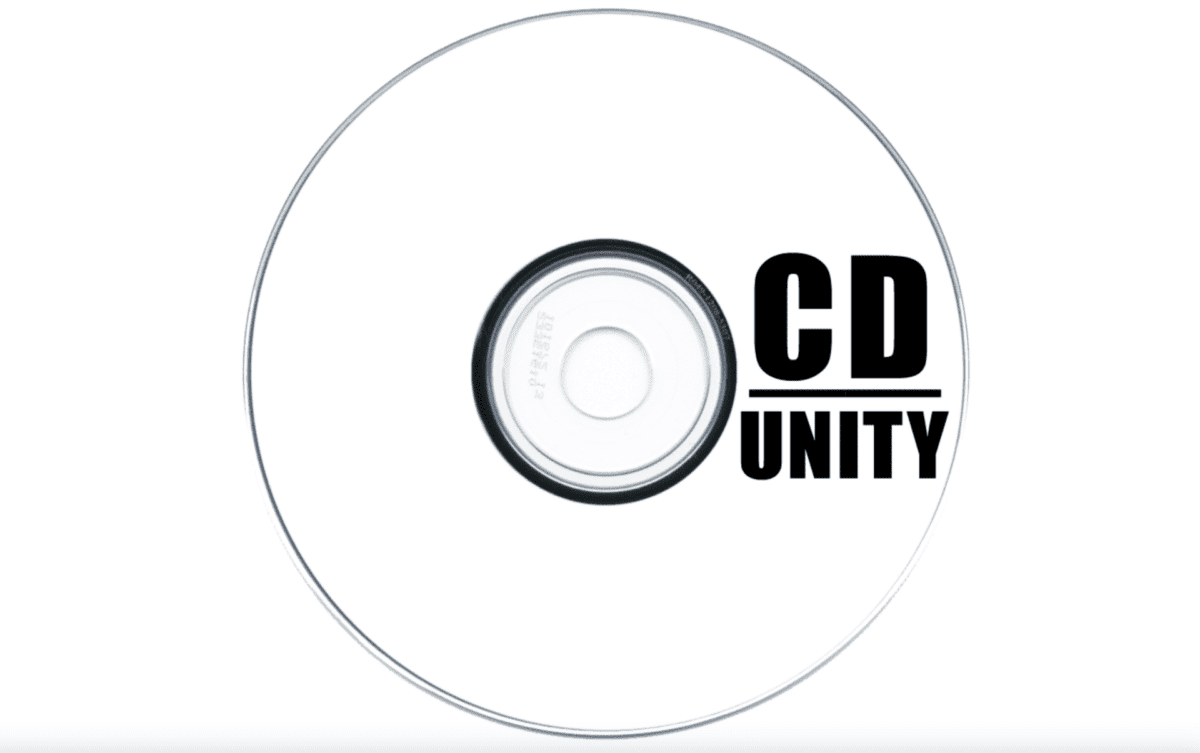Success in the music business is a hard thing to achieve. Most artists or bands that have a sustainable career in music do so with the help of a manager. In fact, some artists’ careers are defined by their managers. Brian Epstein shaped the Beatles’ career, as did Malcolm McLaren for the Sex Pistols and Peter Grant for Led Zeppelin. In this article, we’ll look at the role of music manager and how to find a music manager for you.

Be sure to stay until the very end so you don’t miss out on any key information!
How To Find A Music Manager – What Is A Music Manager?

A music manager’s role varies from artist to artist. It is typically customized to the artist in question. Also based on what the artist wants their manager to be responsible for.
In a nutshell, a manager is responsible for bringing together all aspects of an artists’ career. They might be involved in everything:
From booking gigs and liaising with booking agents, working with labels and contracts, working on sync opportunities etc. To making sure the business admin is done correctly so mechanical and writing royalties are paid, perhaps even accounting.
All of this could part of their job, although generally only when an artist or band is just starting out. As the artist grows they’ll build a team around them. The manager is also responsible for looking for new business opportunities and anything else you can imagine would benefit the artist. So, the question of how to find a good manager in music is incredibly important.
What To Look For In A Music Manager
There are a few ways how to find a manager in the music industry. Finding a music manager that is a good fit is a difficult task. In many cases it might depend on the different options you have available to you as an artist or what you are looking for.
Broadly speaking there are two main places an artist will find a music manager:
How To Find A Music Manager – An Entrepreneur Who Loves The Music
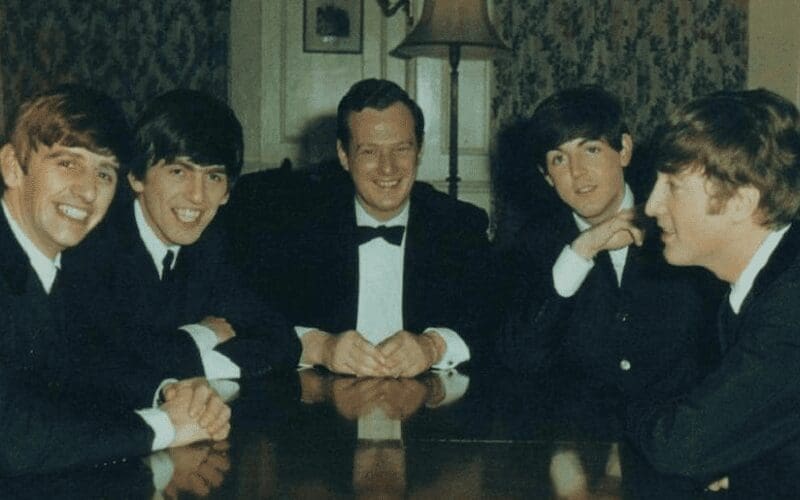
This is a rare find in today’s music business. But certainly still happens such as the story of the Beatles’ manager, Brian Epstein. He is often referred to as the fifth Beatle.
Epstein was running his family record shop when he heard the Beatles. He convinced them to sign a management deal.
Epstein had no experience with music management but he was a great entrepreneur. He saw something in the Beatles and his passion for their music drove them forward as he shaped the majority of their career until his death in 1967.
A music manager can be simply a friend of the artist. They can step into management duties and helps shape the early part of the career.
How To Find A Music Manager – A Well-Connected Professional Manager
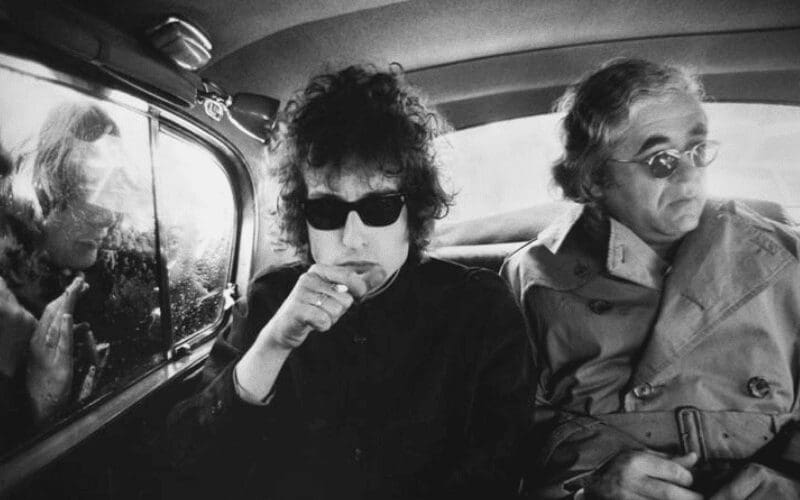
Perhaps more common in today’s music industry – professional managers with multiple artists on their roster and proven established key contacts can be a gold mine to artists looking to grow their careers.
Both of the above routes to management have their own pros and cons. On the one hand, a friend or fan who sees something in the artist can be incredibly powerful.
They are devoted to that artist and their passion for the music can make all the difference.
On the other hand, if they have no management experience, there will be a very steep learning curve as they seek to understand the nuances of the music business quickly.
They will need to have the ability to break down some doors as they won’t have the immediate contacts a professional manager might have.
Flipping the coin, you can look to get a music manager who will have those proven contacts. But they will also have a larger roster of artists. You could find yourself going down the list of priorities as other hotter tickets start to rise.
In a recent interview with Spotify, Billy Corgan of Smashing Pumpkins spoke candidly about how as a young artist he was frustrated about how much people working on the business side would fight for his music.
He explained that professionals in the music business have long-term careers. Throughout their careers, they will likely work with multiple artists who come and go and so their priority will be maintaining their good relationships with their contacts. Not holding feet to the fire for artists that will probably come and go.
Attributes

So when it comes to working out what to look for in an artist manager, it will largely depend on what you need in your career.
Is it someone who deeply understands the industry and can connect you? But perhaps may move on if the opportunity isn’t there? Or would you prefer to have someone less connected but hungry and passionate about your music?
Regardless of the background of your manager, some universal qualities will include high organisational ability (lots of plates will be spinning), great interpersonal savvy and high intellectual capacity (there’s going to be a lot to learn and understand) married with entrepreneurial skills.
Your manager needs to be able to spot and cultivate business opportunities in an ever-changing marketplace.
Before you look for a manager, it’s also important to look inwards at your own position in your career. Are you at the point where your total offering is almost there and you are already growing your career and a manager will help that growth?
If you are still quite junior in your journey, there are some managers who will take on artists with the intention of developing them but it’s important to be clear about expectations on both sides.
Finances

Financially, managers typically work on a commission basis. A common number is 20%. So, it’s important to consider if you are ready to give away 1/5 of your income. If you are, what kind of growth do you expect in return for the 20%?
Also, be careful about how this percentage is calculated. A lot of managers will push for 20% of gross income. Additionally, they’ll insist they are paid first before your other costs (of which there will often be many!).
Other management companies offer management in return for a monthly flat fee. This can be a good leveler for artists as a flat fee arrangement ensures all artists on a roster are treated equally.
This is because there’s no incentive to put work towards one artist over another.
If you think you are financially ready to have a manager, also consider what you want your manager to do for you. Make sure you are clear with them at the start about what your expectations are.
Also, try to put yourself in the strongest possible position by understanding the music business in a good level of detail. This is so you can have productive business meetings with your management.
If you are signing a contract, be sure to have it checked over by a music lawyer. Your manager will be involved in pretty much every part of your career. The last thing you want is for you to be tied to a manager taking advantage of you.
How To Find A Music Manager
If you think you are ready for management, here are a few areas where you might find a manager:
Referrals & Introductions

If you are an active part of the scene, speak to other artists about their experiences. Are they aware of good managers that might be able to help you grow your career?
Having these kinds of referrals can be a good way of making sure your prospective manager is a good fit and can actually deliver on what you need them to.
However, be careful. If your manager has a roster of artists that are all quite similar problems can arise. For example, when a new opportunity comes up for that kind of artist, you may not be at the top of the queue.
Outside of other artists, you can also get referrals from other music business figures you work with. For example, your booking agent or lawyer may know of a good manager that would pair with you productively.
Music Directories
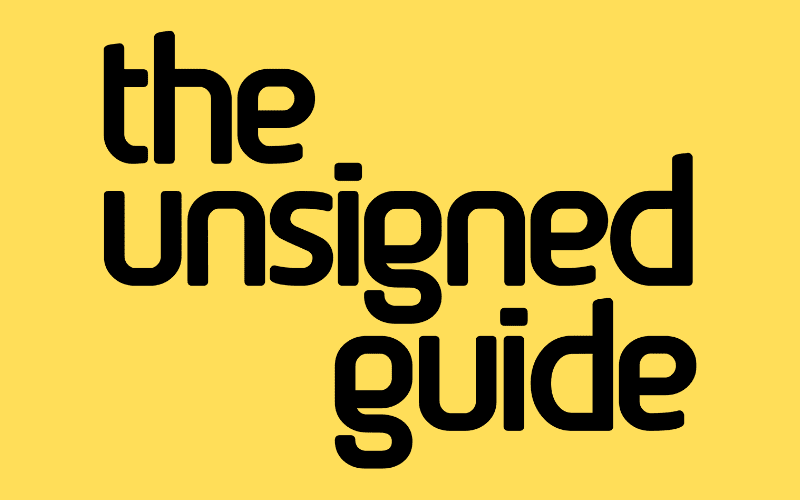
Publications like the Unsigned Guide have a whole section of the guide dedicated to music managers. They are a great source of information in terms of contact details.
However, be cautious when approaching managers. Do a lot of research and try to make sure that the managers you are targeting are a good fit for your music and your band. Also, definitely don’t send blanket emails!
When you have narrowed down your list, it will also pay to make sure you have all of your ducks in a row. Make sure your EPK is full of recent photos that look fantastic and that you can demonstrate that you have a compelling story with good metrics around your growing fanbase.
Be sure to list notable performances already under your belt.
Look In Your Existing Network

It’s possible that you already have in your network someone looking to break into the music industry. The opportunity to manage you might be the foot in the door they are also looking for.
It’s also possible that you have a friend with some excellent transferrable skills who can learn on the job and help you grow your career.
As we mentioned above, this might mean that your new manager is a little light on key connections. But it could also mean that you have a manager you can really trust who will die in a ditch for you and your music; which in itself can be a really valuable asset.
Just choose wisely if you are going to recruit a friend and make sure that they are dedicated to helping you achieve your goals.
A friend who is lukewarm about your music and with zero connections will typically not be able to dig their heels in when the going gets tough.
The Musicians Union & Music Managers Forum

Organisations like the Musicians Union and Music Managers Forum are industry bodies dedicated to different aspects of the music business.
Membership of these kinds of organisations can be really valuable and offer a lot of benefits but more than that, they also give a window into the professionals working in the market and your local Musicians Union may even distribute lists of local music professionals that you can interact with.
Мusic Gateway

You can find Music Management right here with Мusic Gateway! Our motto is empowering creatives and we’ve built a strong reputation in the music industry for offering the opportunity of growth and development to artists.
We’ve worked with artists who are just starting their careers, all the way up to Grammy-nominated producers. We’re here to level the playing field, and improve your chances of success.
Our management is tailored to each artist, and we have options for a range of budgets. Make sure to take a look to find out more and speak with a member of the team about how we can help further your career.
Now You Know How To Find A Music Manager

There we have it! We’ve taken a look at what makes a good music manager as well as how to find a manager for your music. A great music manager can really make a career.
Our advice would be to have a clear idea of what it is that you want a music manager to be able to do for you. Also, make sure that you clearly communicate your expectations when you are choosing a manager.
It’s very important to make sure that you are well-versed in the business side of your career as most artists have to self-manage in the early stages of the career.
Tied to this is making sure that your output is as professional as possible. Make sure you keep all of your socials and your website up to date and look good. Also, make sure that you have an engaged and dedicated fanbase that a manager can take to the next level.
Finally, when it comes to contracts and agreements, it is a good idea to always get legal advice before signing anything.
Ultimately, there are loads of factors when it comes to choosing a manager. Every artist and every career is different so go with your gut and find a solution that works for you as an artist.
Have you had any experiences with artist managers in the past? We’d love to hear about them in the comment section below. Also, be sure to share this article on your social media and tag us @musicgateway!


